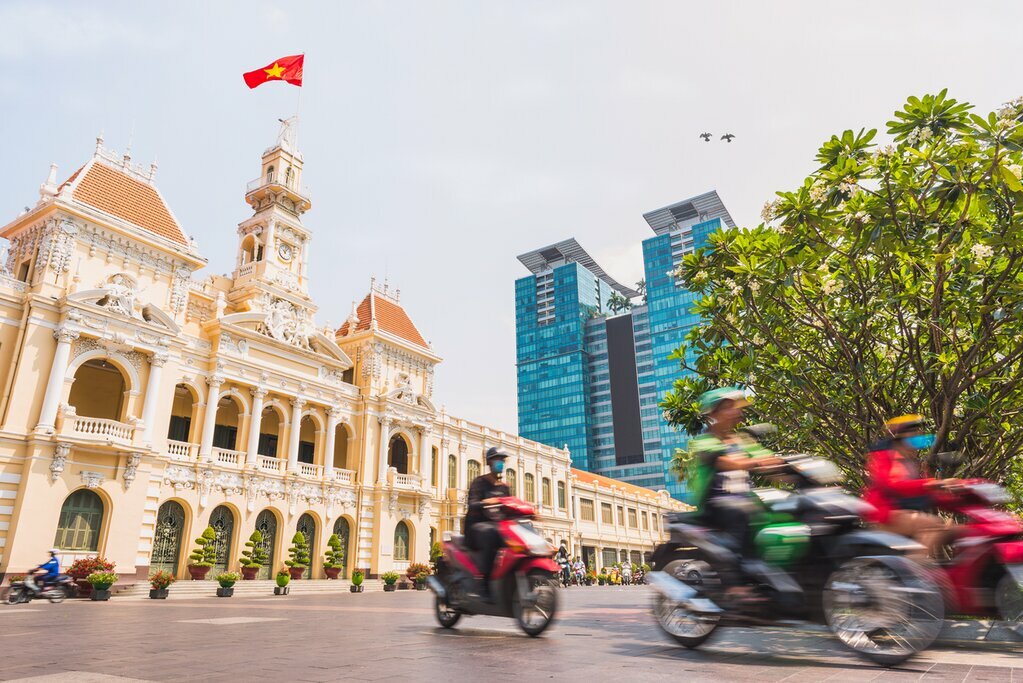
The Vietnam Chamber of Commerce and Industry (VCCI) has submitted a comprehensive proposal to the Ministry of Finance of Vietnam advocating a substantial increase in daily betting limits for both horse racing and international football. Currently, under the draft decree replacing Decree 06/2017, the per-person daily limit is set to increase from VND 1 million (approx. US$38) to VND 10 million (approx. US$380). The VCCI argues this is still too low and proposes either raising it to VND 100 million (US$3,800) per person, or setting a cap of VND 10 million per product category (football, horse, greyhound).
One of the driving motivations behind this push is the concern over illegal betting platforms that operate without limits and siphon high-stakes players away from licensed operators. The VCCI asserts that in many developed markets, legal operators derive much of their revenue from large bettors — a segment rendered virtually unreachable under the low limits in Vietnam. By raising the cap, the legal sector would be better positioned to compete and thus reduce flows into unregulated channels.
Beyond the betting-limit change, the proposal carries several allied reforms. The VCCI recommends lowering the mandatory contribution to the central budget from legal sports-betting operators to 5 % of gross gaming revenue (GGR) during the pilot phase—down from the draft’s 10 %. Combined with the existing 30 % special consumption tax and 10 % VAT, the current draft structure would impose over 40 % tax and contribution burden on licensed operators, the chamber argues, undermining competitiveness relative to illicit platforms.
In addition, the VCCI seeks amendments to the pilot programme’s terms. While the draft decree stipulates a five-year trial period beginning from issuance of a business eligibility certificate, the VCCI argues this start date is unfair because operators still need time to launch platforms, secure licensing, recruit staff and deploy systems. It proposes that the trial period should begin from the date of official launch of operations as certified by the authority. Further, it recommends relaxing advertising restrictions—allowing legal betting firms to advertise via digital channels like social media and mobile apps, subject to age-gate and responsible-gambling safeguards.
If these reforms are accepted, Vietnam could usher in a more mature regulatory framework for sports and race betting—one that attempts to balance growth, revenue capture and consumer protection. The key will be how the authorities calibrate oversight: high limits increase risk of gambling‐harm and money-laundering, so robust monitoring, player ID systems, financial tracking and risk alerts will be critical if the policy is to both unlock the legal market and suppress illegal operations.

 Content Writer: Janice Chew • Thursday, 25/10/2025 - 17:47:39 - PM
Content Writer: Janice Chew • Thursday, 25/10/2025 - 17:47:39 - PM